There are more than 7,000 identified rare diseases worldwide. Global Genes, one of the leading patient advocacy organizations for rare disease, estimates that “nearly 95 percent of all rare diseases do not have a single FDA-approved drug treatment.” With grim statistics like this, it is certainly not easy living with or having a loved one with a rare condition.
The Mighty teamed up with Global Genes to ask our communities, “What’s the hardest part about having a rare disease?” Their answers reflect their need to be believed when there is not enough awareness about their condition. They want treatments, and they want the medical and emotional support they deserve.
Here’s what they told us:
1. “If it can’t be seen, people will think you are faking it.”
2. “We know just as much as the doctors who are caring for us.”
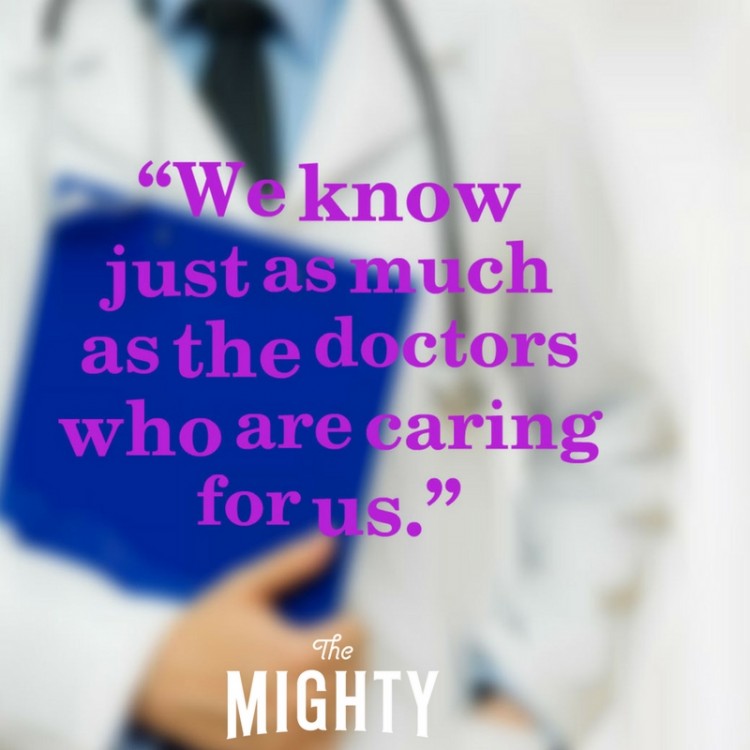
3. “It’s hard to explain the disease and its complexity to your (new) physicians/physiotherapists over and over again.”
4. “I don’t know how many days my daughter has on this Earth because the combination of diseases she has hasn’t been seen before.”
5.“It is frustrating not having a drug that is actually designed for your condition.”
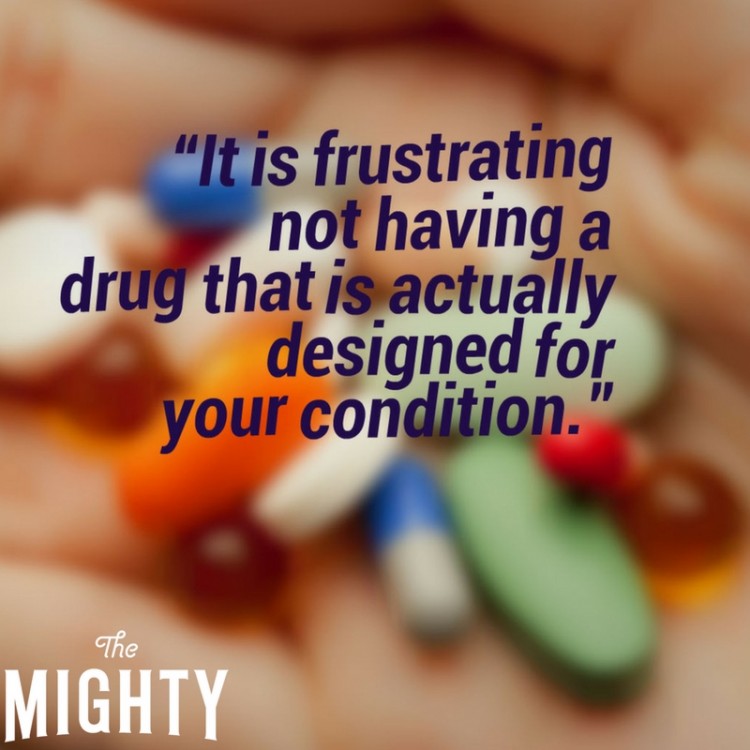
6. “I have to explain to people that just because I don’t ‘look sick,’ doesn’t mean I’m not incredibly sick.”
7. “The hardest part is losing friends and losing your faith.”
8.“It’s not fun having to spell it for every doctor you see and waiting while they do a Google search.”
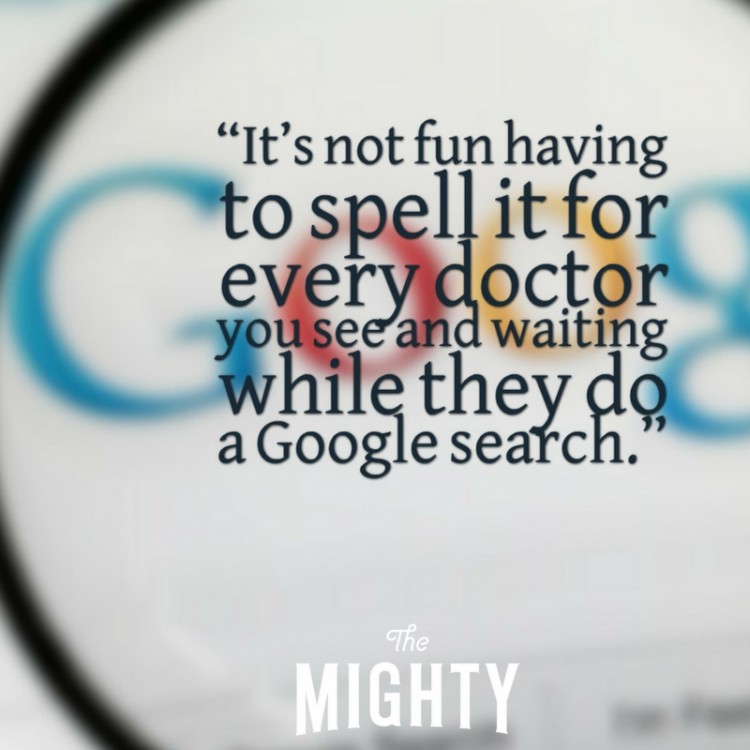
9. “The toughest thing is having to explain to doctors what you have, and then explaining to our society what it is you have.”
10. “There is a lack of focused, coordinated and aligned research efforts. Too often the organizational and cultural barriers delay progress and detract from the real end goal (saving lives) — and it’s gut-wrenching to watch when your life hangs in the balance.”
11. “It’s not easy not being believed by the medical community.”
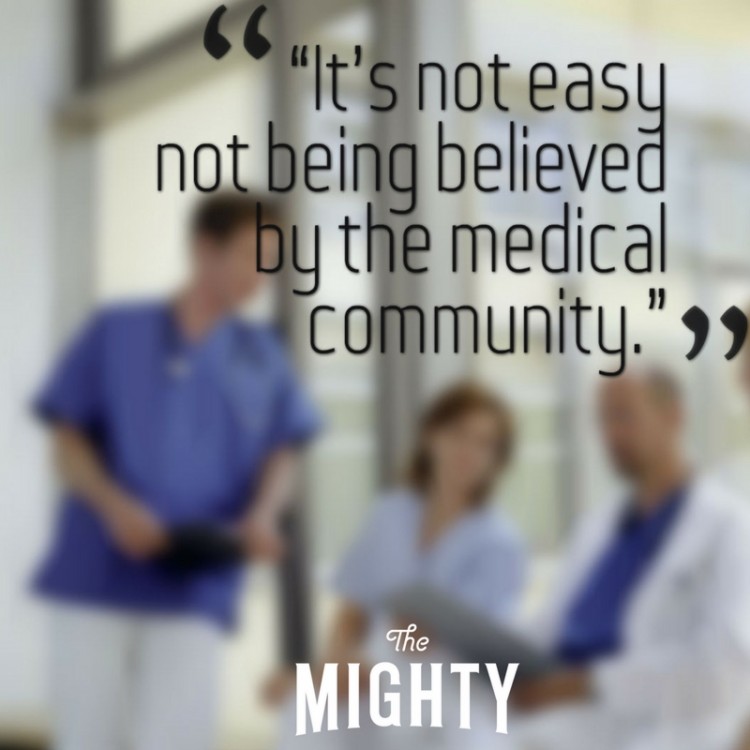
12. “There is a constant fear — the fear you will outlive your rare child, the fear that you will know more about the condition than most doctors and they ask you what you think, but you are not a doctor.”
13. “The hardest thing is to explain why you’re not like everyone else even though you look fine on the outside. Sometimes you need more time to do things that take others no time at all.”
14. “I’ve realized how cruel and unaccepting the world is toward people who are different.”
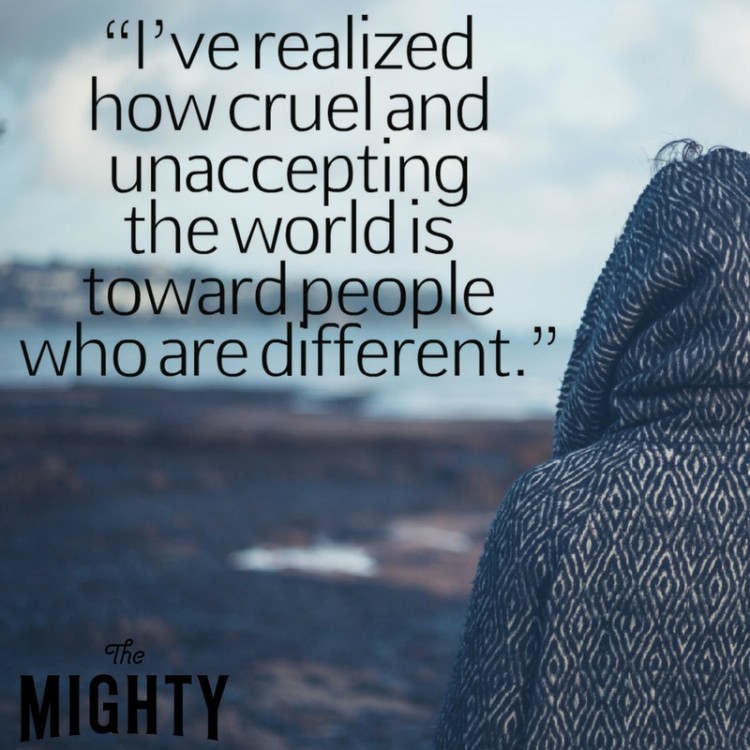
15. “I had to hear there is no cure or medicine for my son — just to take him home and love him.”
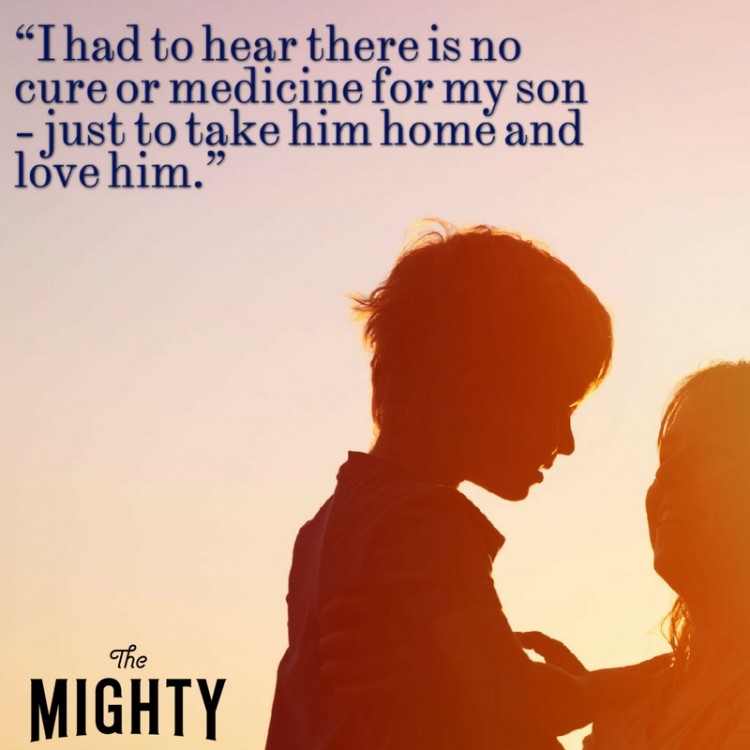
16. “The internet is riddled with unreliable sources because it’s not regulated. It’s difficult to find the correct information, support, or treatment.”
17. “It can feel so lonely. No one knows anything about it except yourself and close family.”
18. “I have not been able to get medical help or insurance coverage due to healthcare formalities, even when it is blatantly obvious I need it.”
19. “The hardest part is not knowing why. Not having a name for it. Being one of three worldwide with it. There are more unanswered questions than anything else.”
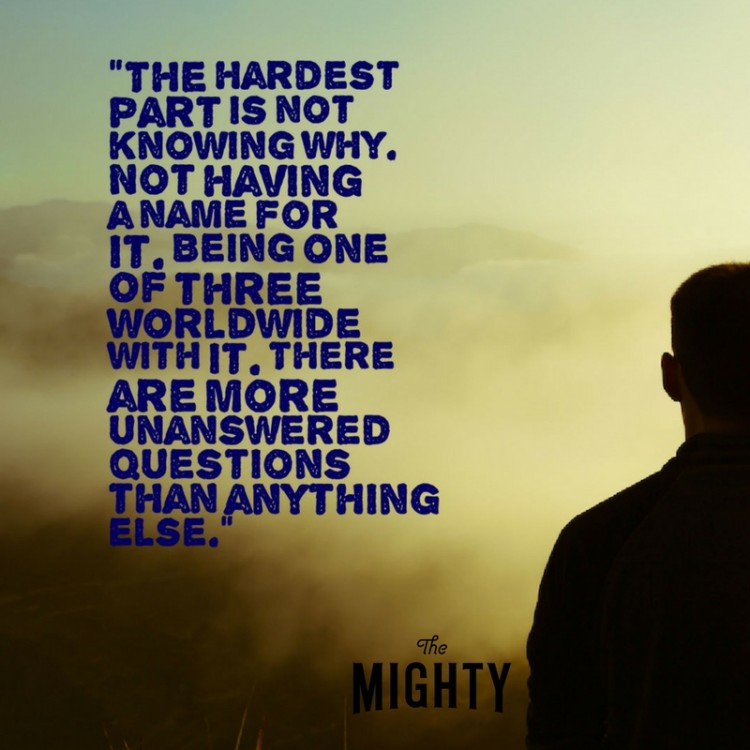
20. “I have to act like everything is normal, when I feel so abnormal.”
21. “The hardest thing about having a rare disease is explaining the serious nature of my condition. When I explain that my throat can swell shut without notice, many people will dismiss me and respond with an offer of an EpiPen or Benadryl.”
22. “Your child is constantly cast aside by peers as a ‘wierdo’ or made fun of for not understanding social intricacies. When your child tells you they don’t feel like they belong anywhere – like they’re always out of step, it’s heartbreaking.”
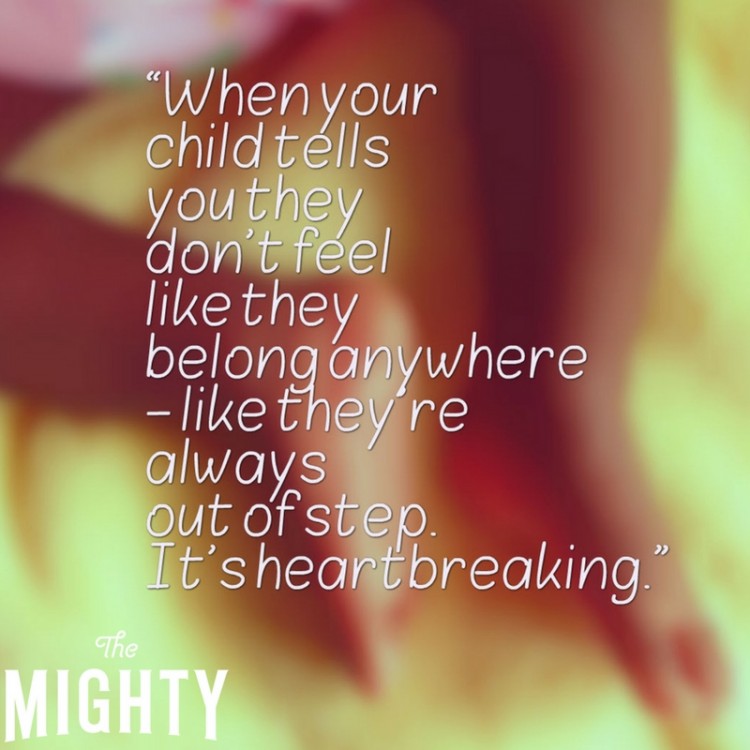
23. “The abandonment. Doctors don’t believe you’re sick, so they refuse to provide you with adequate care. Most of your family and friends (if not all) don’t believe you’re sick, so they refuse to provide you with adequate emotional support.”
24. “There is a lack of resources available to those of us who need genetic testing when insurance doesn’t cover it.”
25. “I never know what’s next. What’s my diagnosis? Is this another symptom? Will this be a good day? Does anyone understand? Will there ever be a cure?”
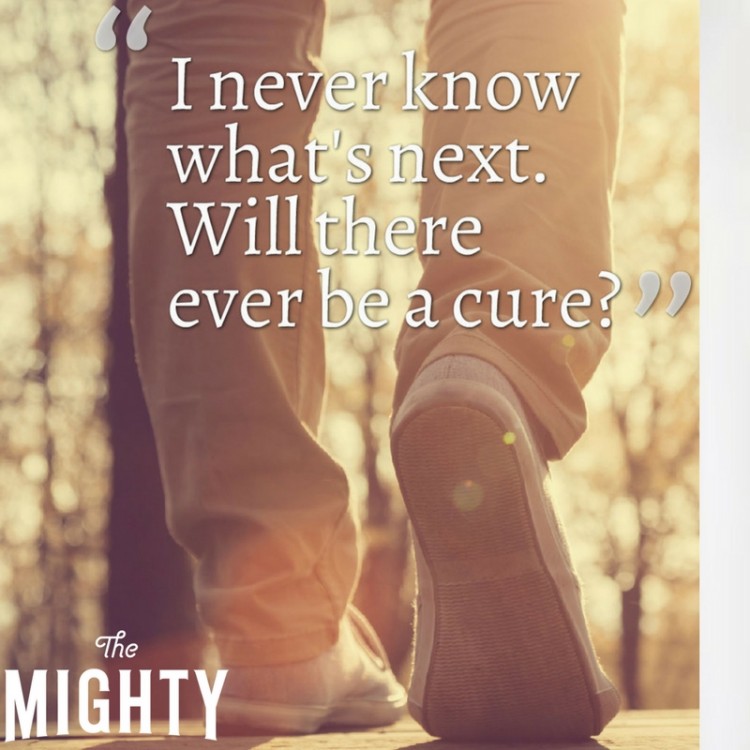
What do you think is the hardest part of having a rare disease? Let us know in the comments below.
Global Genes is hosting their RARE Patient Advocacy Summit September 22nd and 23rd in Huntington Beach, California. You can register live here to view and participate from the comfort of your home, office, or elsewhere via Global Genes’ livestream webcast.

